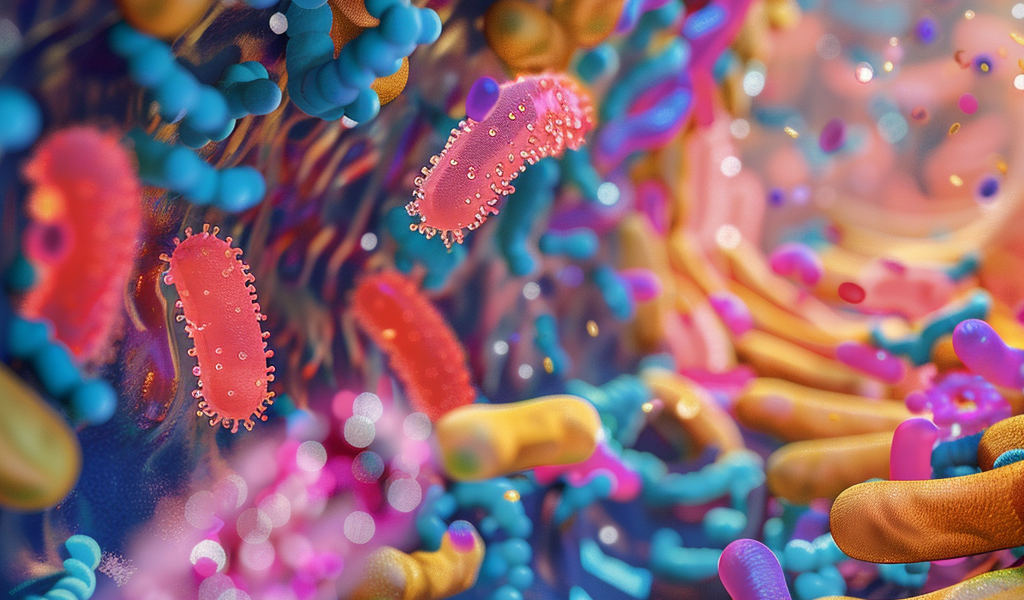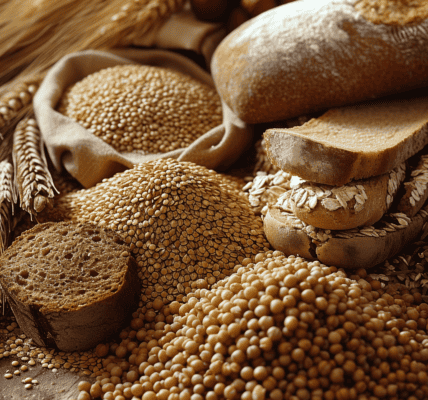Poop has long been a focal point for microbiome research, but recent explorations into the small intestine have unveiled new insights into enhancing gut health.
Microbiome research has often been likened to the tale of the blind men and the elephant, with researchers primarily focusing on stool samples while overlooking the microbial populations residing in the small intestine. However, advancements in technology have now enabled scientists to delve into the small intestine microbiome, shedding light on its significance in understanding and treating various diseases.
Described by experts as akin to a vital human organ, the microbiome consists of trillions of microorganisms residing both on and inside the body. These microbial communities act as guardians, safeguarding the body from harmful pathogens. Moreover, specific microbial populations in the upper intestine play crucial roles in digestion, metabolism, and immune function.
Over the last two decades, gastroenterologists and researchers have delved into the role of the microbiome in maintaining health and combating diseases. Studies have revealed that certain members of the small intestine microbiome are associated with obesity, while others are linked to a healthy metabolic state. These microbes play a pivotal role in breaking down simple carbohydrates into essential components for a healthy gut and overall well-being.
While the functions of the small intestine microbiome may mirror those of the colon, the metabolites produced in the small intestine can differ significantly from those in the large intestine microbiome. Some metabolites in the small intestine regulate the production of GIP, a hormone related to weight loss and diabetes management, alongside GLP-1 and PYY. This trio plays a crucial role in controlling appetite and blood sugar levels in response to food intake.
Monjaro, a potent combination of GIP and GLP-1, offers enhanced benefits compared to existing drugs like Wegovy and Ozempic. The intricate interplay of these hormones is essential in managing weight and blood sugar levels, highlighting the importance of understanding and leveraging the small intestine microbiome for improved health outcomes.





